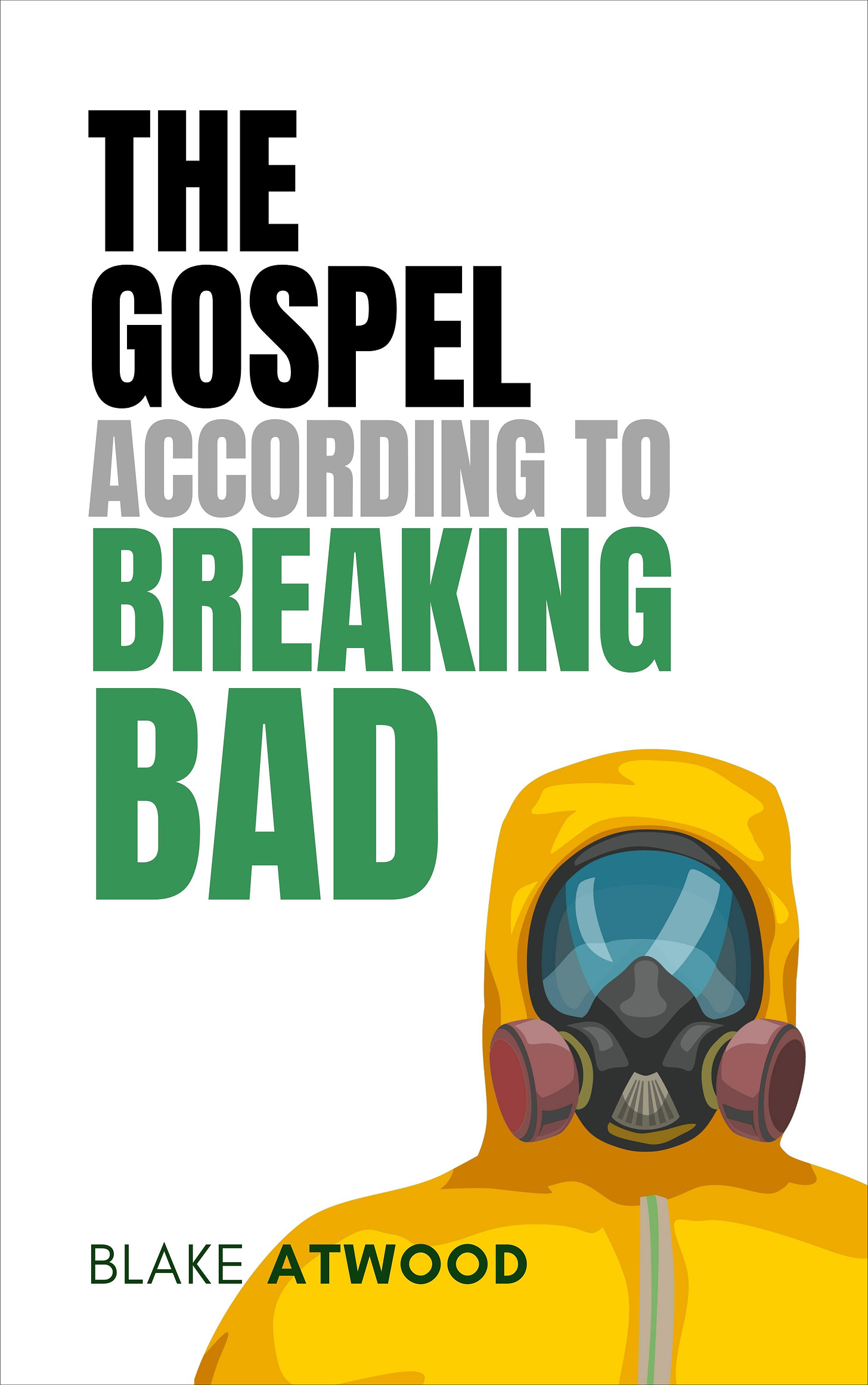The expert vs. the guide: How are you positioning yourself?
A subtle change can provide big benefits
In your nonfiction writing, how are you presenting yourself?
Have you carefully considered why?
A simple yet subtle change that can dramatically affect your writing is to figure out if you’re supposed to be an expert or a guide.
And much of that comes down to the specific use of three words: I, you, and we.
You vs. we
Consider the contrast between how these two sentences make you feel:
As you can see, having a dog increases happiness.
As we can see, having a dog increases happiness.
The difference is subtle but meaningful—especially as the words are repeatedly deployed over the length of an article or book.
In the first instance, the author stands above the reader. They are the expert sharing their expert opinion from on high. First person abounds (The I’s have it.)
Whether the author intends such authority isn’t the point; rather, a reader may feel talked down to in some instances when the language is presented that way—as a directive rather than a suggestion. (The first sentence could take an even more authoritative stance through an imperative: Get a dog and you’ll be happier.)
But in the second example, the author comes alongside the reader. The author places a metaphorical arm around the reader’s shoulders, holds out their other arm in front of them, and points to what should be apparent. They’re in it together. See how great dogs are?
However, I’m not negating the need for experts.
And not all nonfiction should be written by guides.
So how do you know when to be an expert and when to be a guide?
Am I an expert or a guide?
It’s an easy question if you can take a mostly objective view of yourself.
Am I truly an expert on what I’m writing about?
If not, be a guide. Write as a student teaching other students what you’ve learned.
If you are an expert, by all means exert your expertise. Beware of being arrogant, but showcasing your knowledge is essential to relaying what you’ve spent a lifetime learning.
Here’s the rub: Are you really an expert in that area?
You can have a lot of knowledge about a subject, but anyone can refer to Wikipedia. An expert can, off the cuff, answer most if not all questions about their area of expertise.
For most of us, expertise is limited to one field.
What if I doubt my expertise?
Another way to discover if you’re an expert is to compare yourself to others in your field. If you were on a panel discussion with your subject-matter peers, could you hold your own?
If the answer is no, then maybe you’re a very knowledgeable guide.
Why does this matter?
First, if you want to be traditionally published in nonfiction, you generally need to be respected as an expert in your field. For good or ill, the earned letters after your name often still speak volumes to agents and publishing houses.
So I don’t want you to spend months or years on a labor of love only to be rebuffed when you attempt to pitch your book because your perceived expertise doesn’t carry over to the publishing world. (You could certainly still self-publish, as I believe that’s a viable option for everyone.)
Second, if you write as an expert but you’re truly a guide, I believe you’ll miss out on a wider readership.
If you’ll allow me a golf comparison (no, it won’t be the last one): I don’t want swing tips from my friend (Hi, Josh!). I want lessons from a pro. But I do want the encouragement and camaraderie from my friend (Hi, Josh!).
The reverse is also true: if you write as a guide but you’re truly an expert, you might come off as patronizing. And I believe you’ll lose readership as well. If you’re an expert in your area, people want your knowledge from on high because they can’t get it anywhere else.
Now, if you’re still on the fence about your positioning, try this.
Your next step
Review your work in progress. Check your usage of I, you, and we. Change each instance to its opposite, i.e., write it as an expert or as a guide.
Alternatively, choose a section and write it as an expert.
Then write the same section as a guide.
Send the expert section to a reader.
Send the guide section to a different reader.
Ask each reader what they think about the section. Don’t give them much direction as to what you’re looking for. Then see how their responses vary.
The change is subtle but powerful.
Does this advice resonate with you? Have you experienced this in your writing?
Hit reply and let me know.
One more thing: What questions do you have for me about writing, editing, publishing, making a living from writing, etc.? I have a list of topics I want to get to, but I’m also game to use this space to answer your questions. Again, you can reply to this email and I’ll read it.
💻 Good reads
🔥 This week’s best passage
“What, then, is so special about our language? The most common answer is that our language is amazingly supple. We can connect a limited number of sounds and signs to produce an infinite number of sentences, each with a distinct meaning. We can thereby ingest, store, and communicate a prodigious amount of information about the surrounding world.” –Yuval Noah Harari, Sapiens
🧹 Housekeeping
I updated the cover of my first book. It’s very … niche. If you liked Breaking Bad (and watched it in its entirety), and you appreciate a Christian perspective on what would never be called a Christian show, this book may be for you. It’s available in print, digital, and audio.
I also relaunched my website, and it’s slowly being rebuilt. For the nerds out there, I left WordPress after more than a decade and moved to Super.so, a Notion-powered website platform. We’ll see how it goes. My hope is that it spurs me to write more often because the friction from writing to publishing is now almost negligible.
Let’s connect on Twitter.
I earn from qualifying purchases made through affiliate links in this article, both to Amazon and to Notion.





Excellent advice. We don’t like standing above our readers either. We try to not use I too much. Do you know about the “Royal we”? 😂